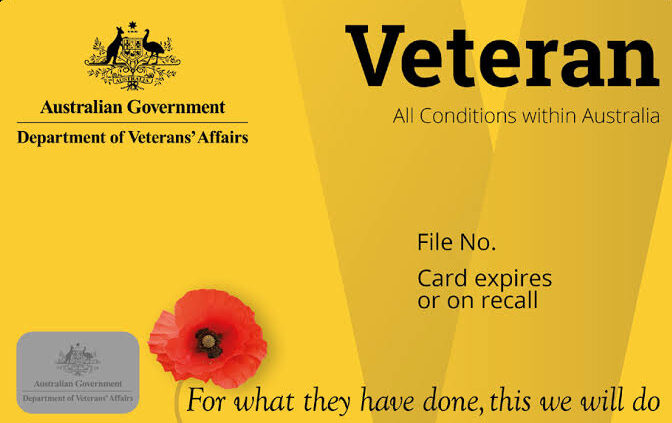Australia’s largest association representing former National Servicemen has stopped pursuing a Gold Card for the Nashos of 1964 to 72.
Nasho Fair Go campaigned heavily for the benefit as reparation for the damages of conscription, but the board was forced to reconsider late last year amid growing pushback from the federal government and some veteran groups.
The association’s President Geoff Parkes said it became increasingly evident that the Gold Card was unrealistic.
“If it’s not going to be feasible from DVA’s side, then I don’t see there’s a lot of point in pushing something that’s only going to get pushed back,” he said.
The Department of Veterans’ Affairs has repeatedly dismissed the idea.
Minister for Veterans’ Affairs Matt Keogh said the Gold Card should remain for veterans who have war-like service or experienced hazards and exposures exceeding those of normal peacetime service.
The DVA estimates the average cost of a single Gold Card is $26,141 per year.
- In short: Nasho Fair Go axed their plans for the Gold Card in mid-2023.
- The board says it was forced to change tack because of pushback from the government and some veteran groups.
- What’s next? The association will now focus on lobbying for private medical and dental care.
As of June 2023, 12,748 Nashos from the 1965-72 scheme had received the entitlement, as well as 2,432 widows and 13 children of deceased former servicemen.
Minister Keogh said it would cost more than $784,000,000 per year to provide the entitlement to the cohort, based on current estimates that around 30,000 of them are alive.
The DVA found the cost of this would exceed $3 billion over forward estimates.
Nasho Fair Go also received opposition from some veteran groups opposed to the idea of non-war-like Nashos receiving the Gold Card.
“The only negative feedback we’ve ever had through this campaign has been through a very, very small number of Vietnam veterans who feel that perhaps we shouldn’t be given the gold card because they had to go to Vietnam to get it,” Mr Parkes said.
Some of the association’s members heavily criticised the decision to stop pursuing the benefit, saying they should not bow to political or social pressure.
But Mr Parkes said they must compromise to avoid pushback that could stall progress towards future benefits.
“If it’s not going to create any negative feedback from the Vietnam vets, then we are quite happy not to ask for it,” he said.
Nasho Fair Go has instead set its sights on a less comprehensive but more attainable form of reparation.
“Basically, we need private medical and dental health without excesses, so that when we need new knees [or other service-related injuries] that we don’t have to go on a two-year waiting list,” Mr Parkes said.
“Benefits we believe we deserve in reparation for the two years of our lives we lost, but we also understand that’s not going to happen overnight, and that we have to build up.”
Private medical and dental would make a huge difference to their lives.
“A lot of us are not financially settled or that well off, a lot of our members are on the Commonwealth pension, they live from pension to pension, and private medical insurance is just out of their reach,” he said.
“A large number of them have complaints that they attribute to their service: 40 per cent have arthritis, 20 per cent depression, 21 per cent anxiety, 12 per cent are drug and alcohol dependent, so there are a lot of issues that these blokes have.
“And a lot of them have not got the financially resources to look after them.”
The association has sought quotes from private medical insurers to inform the proposal.

